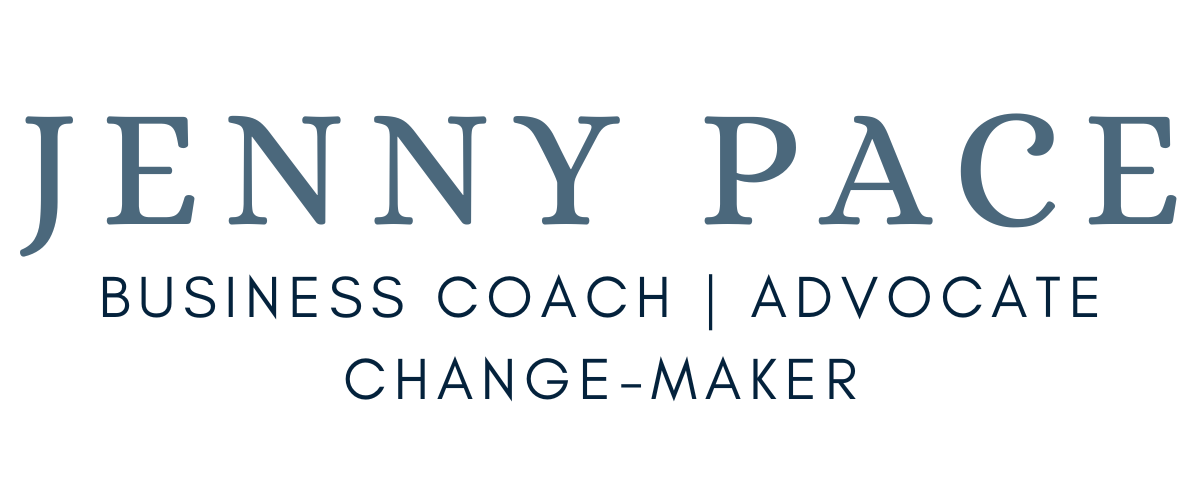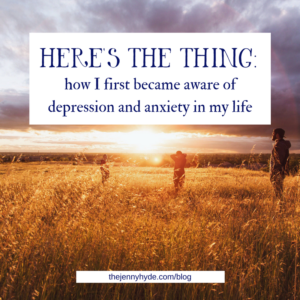Tell me if this sounds familiar:
You see someone online doing something similar to you. Or something you want to do. You freak out.
You decide they’re doing it wrong or not the way you’d do it, and they’ve already cornered the whole market doing it their way so there’s no room for you.
Maybe you find yourself into a rage about how they’re making a ton of mistakes and screwing people over by charging for something so cheap. Or that they’re undercutting you and can’t possibly be making any money. Or maybe they just don’t have the design skills you do, or the communication skills. Or the experience. Whatever the exact detail is, the situation pisses you off!
Or you decide you could never do it that well. They’ve already done everything possible. They’ve done it better than you, or they’re first to market and that’s all that matters. Maybe they took an idea in a slightly different direction, and it’s your belief that it’s better. Perhaps they seem like they’ve got it all together already – effortless product launch with recommendations and referrals and people shouting about how wonderful they are. You’re not pissed off, exactly. Deflated.
And so you stop. Or you procrastinate. You stop putting your talent and effort and energy into something great. You try to find something else, even though you already have something wonderful, and unique. You tell yourself all kinds of stories about why it can’t happen now, and why it hasn’t worked out, and why you should focus elsewhere.
But ultimately it comes down to this: you’re just afraid.
Our brains are really good at being afraid. And turning up the volume on doubt and fear and just staying nice and safe. Our brains want us to be safe.
My opinion? Social media has such huge potential for connection. But it can also be hugely destructive force, especially where our soft spots and creative fears are concerned.
Here’s the thing:
The first step is always cultivating awareness. When do you tend to get sucked into The Scroll? Is it first thing in the morning? Last thing at night? While you’re waiting to pick the kids up? What time are you trying to fill by scrolling through Facebook or Instagram?
And then there’s being aware of why you get sucked in. Are you trying to find connection online? Are you really getting it? What does scrolling offer you? (Hint: if it’s numbness or distraction from what you really want, it’s time to change.)
These are the first big questions in my upcoming course: Self Care on Social Media for Business Owners.
Because we need your work in the world. And your business deserves great marketing. But if you’re getting stuck in fear and overwhelm and anxiety and just plain old procrastination, we don’t get to buy your products or see your work.
We’re going to tackle the fears that change our behaviours. We’re going to talk about how to live closer to your dreams and your fears. You’re going to get MORE out of social media – and out of LIFE!
I don’t want you to post less or market your business less. What I want is for you to feel confident in why and how you use social media, and what your contribution to the shared space is.
Let’s cultivate awareness, but more than that. Let’s change how you feel and how productive you are.
The course starts on Monday 30th October. Will you join me and other brilliant business owners?



